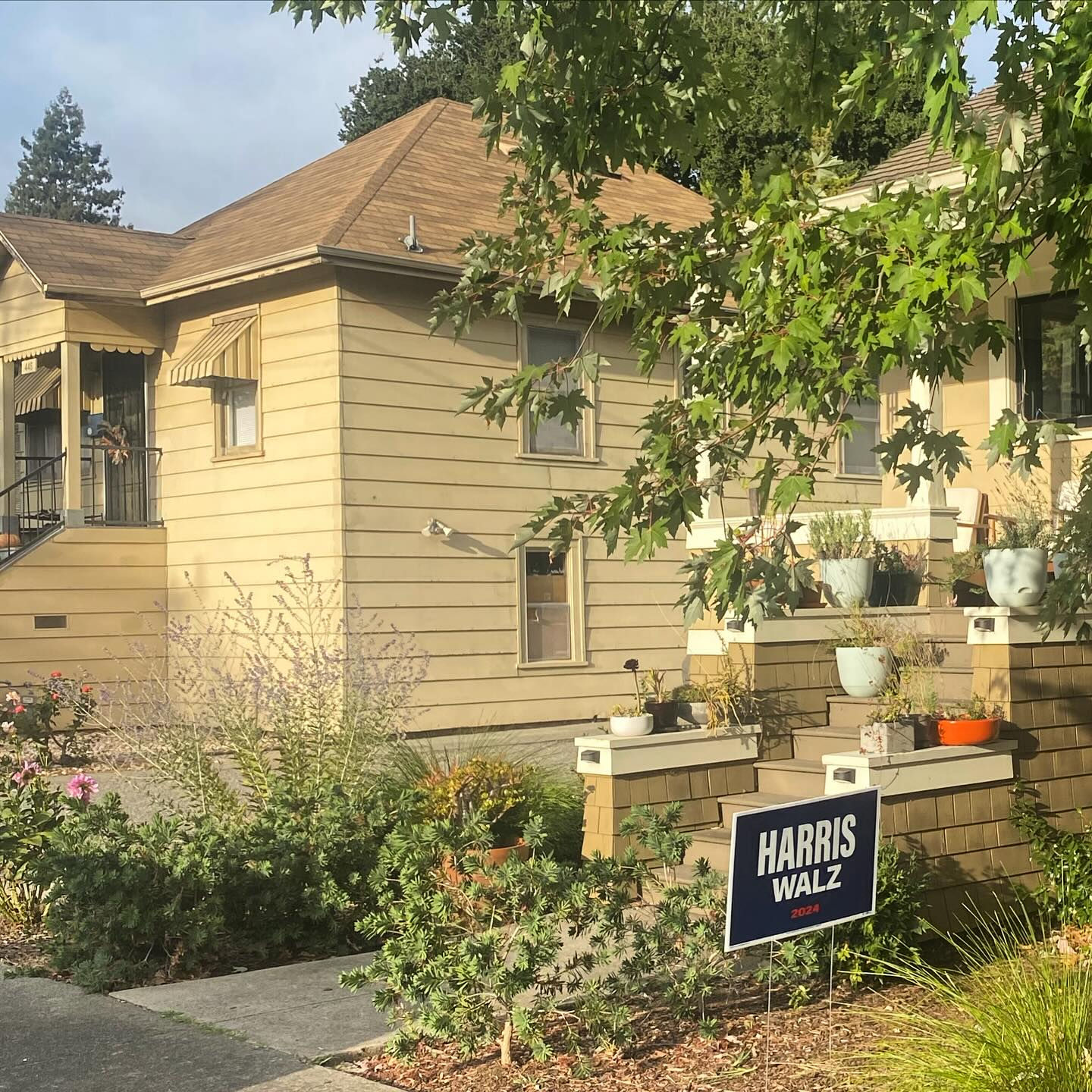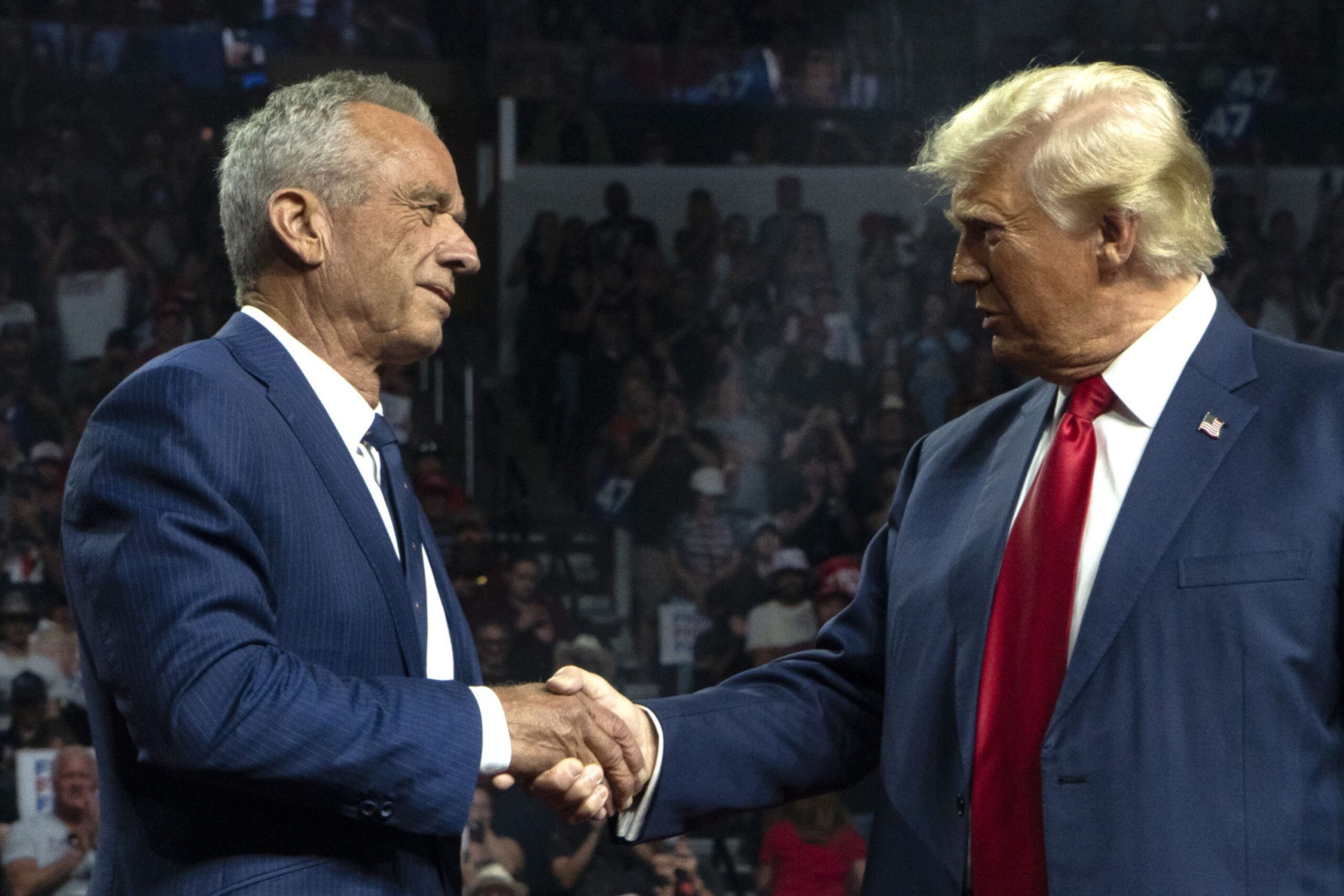
According to UK’s Independent newspaper, former American President Donald Trump is now seeking to delay his federal classified materials trial until after the 2024 election, claiming his status as a presidential contender and other legal arguments that experts think are unfounded.
Mr. Trump’s lawyers asked the judge in Miami to indefinitely delay his trial on accusations of mishandling sensitive data, arguing that the case was too unusual to try before the presidential election.
In the 12-page filing, they called the government’s case against him “extraordinary” and said it “presents a serious challenge to both the fact and perception of our American democracy” because Mr. Trump is seeking his party’s nomination to run against Joe Biden, who defeated him in 2020.
The Court now oversees a prosecution by a sitting President against his primary political challenger, a leading presidential candidate. Therefore, a measured examination and timeframe that allows for a careful and complete review of the procedures that led to this indictment and the extraordinary legal concerns presented herein best serves the Defendants and the public,” they stated.
The former president argued that “begin a trial of this magnitude within six months of indictment is unreasonable, telling, and would result in a miscarriage of justice” for him and his co-defendant, longtime aide Walt Nauta.
Judge Cannon set a trial date for 14 August in a brief order shortly after Mr. Trump’s arraignment last month, but Special Counsel Jack Smith later requested the four-month postponement the ex-president and his co-defendant now reject.
Mr. Trump wants his case postponed indefinitely.
“Based on the extraordinary nature of this action, there is most assuredly no reason for any expedited trial, and the ends of justice are best served by a continuance,” his attorneys wrote on Monday.
They added that Mr. Trump’s presidential campaign “requires a tremendous amount of time and energy” and should delay the trial.
Mr. Trump’s attorneys also say that the case raises “significant” legal questions that could result in the case being dismissed before trial, and they suggest in their filing that they will argue that Mr. Trump declassified the documents at issue, challenge the constitutionality of the Classified Information Procedures Act, which allows classified evidence in criminal trials, and argue that it would be impossible to select an impartial jury during the 2024 trial.
They said a Justice Department policy that “cautions against taking prosecutorial action for the purpose of affecting an election or hel
The ex-president’s lawyers later suggested that they would repeat Mr. Trump’s baseless legal claims on his Truth Social page, namely that he had the right to keep the documents at issue in this case under the Presidential Records Act and a 2012 court precedent regarding Bill Clinton’s tapes.
Contrary to the Government’s claim, this case raises novel, sophisticated, and first-impression legal concerns. This Court must assess the relationship between the Presidential Records Act and the indictment’s criminal provisions. “These will be first-impression questions for any US court, and their resolution will impact the necessity, scope, and timing of any trial,” they said.
They also said they will contest the constitutionality of Mr. Trump’s Espionage Act prosecution and Mr. Smith’s right to indict a former president.
Mr. Smith’s office hasn’t reacted.
Mr. Trump was indicted on 37 federal charges last month for mishandling secret papers, including national security information, after leaving the White House.
The unsealed indictment charges that Mr. Trump lied to authorities to keep secret documents.
The indictment alleges that Mr. Trump showed secret documents to unauthorised parties at least twice.
The charges include 31 counts of willful retention of national defence information, single counts of false statements and representations, conspiracy to obstruct justice, withholding a document or record, corruptly concealing a document, concealing a document in a federal investigation, and a scheme to conceal.
At his arraignment in a Miami federal courthouse, he became the first US president to plead not guilty to criminal charges.
After helping carry boxes of documents from Mar-a-Lago to Mr. Trump’s apartment, Walt Nauta was charged with six obstruction and concealing offences.



